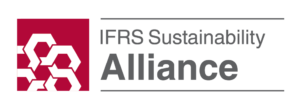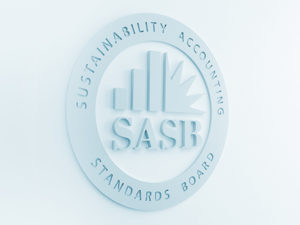Investors, money managers and companies are asking more questions and demanding more answers about environmental, social and governance (ESG) factors in the investment process. Investors are increasingly evaluating companies based on ESG information and companies need people with the expertise to respond to such inquiries. Meanwhile, asset managers are increasingly being asked by their clients to incorporate ESG, so they need employees with the skill set to determine what is and isn’t important to that firm’s bottom line.
According to a May 2017 survey from BNP Paribas Securities Services, asset managers and owners cited a lack ESG specialists as a barrier to greater ESG adoption.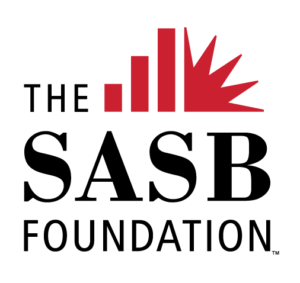
“While the industry expects to capture data effectively within two years, the ability to draw conclusions from the data will remain a challenge,” said Trevor Allen, product specialist, investment risk and performance at BNP Paribas Securities Services. “That is where smart data, artificial intelligence and ESG specialists will step in. We expect to see both managers and owners really ramping up their tech and personnel capabilities to address these needs in the coming years.”
So what are some ways that professionals and students can prepare for and even get ahead in the world of ESG? The SASB Foundation has two initiatives to help you gain the ESG expertise the market is looking for:
- Connect with a community of experts through The SASB Alliance, and/or
- Learn the concepts and best practices with the Fundamentals of Sustainability Accounting (FSA) Credential.
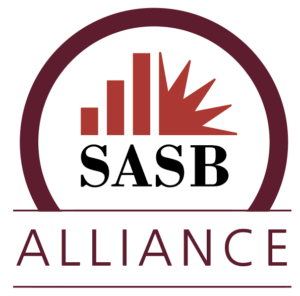 The SASB Alliance and ESG
The SASB Alliance and ESG
One of the best ways to get started building up your ESG expertise is to join the network at the cutting edge of the field: the SASB Alliance. As a network of people supporting a market standard for material sustainability information, the SASB Alliance supports the development and exploration of best practices in integrating material sustainability information into existing corporate management practices and investment analysis processes.
Thomas Scheiwiller, the founder and owner of Scheiwiller Impacts, a sustainability and corporate responsibility firm, said he joined The SASB Alliance, “…to stay formally connected to SASB which is an important element within the landscape of sustainability disclosure.”
Thomas stays connected to SASB through benefits of the Alliance, which include:
- Unlimited access to ESG research through the SASB Publications Library
- Exclusive webinars with leaders in the field of sustainability disclosure
- Access to members-only events and convenings
- Educational materials like sample course syllabi for academics and students
- Discounts on a range of SASB products, including the FSA and annual Symposium
The FSA Credential and ESG
Another way to get ahead in ESG is the FSA Credential, which was launched in 2015 to help professionals master the link between sustainability performance and financial performance.
Siobhan Sonia Pandya, senior continuous improvement practitioner at Shell Oil Company, said the FSA Credential offers people a structured way to learn about sustainability disclosure that is directly transferrable to the work environment.
“This is the first time you can learn about sustainability accounting and its benefits to companies in a rigorous, respectable way,” he said.
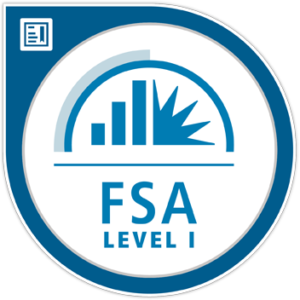
Steve Mezzio, professor, Pace University and former partner in the Audit and Risk Assurance department at PwC, took the FSA Credential Level I Exam because it is the only one of its kind that demonstrates expertise in understanding how sustainability information can be material to a company’s performance.
“It also describes why both companies and investors benefit from improving the quality and reliability of the sustainability information they need to make better decisions,” he said.
Each test taker receives sample questions and a study guide to help them pass the FSA exam. The recommendation is that test takers study at least 20 hours ahead of the exam. People who pass the test can then move on to Level II, which ask test takers to interpret material sustainability information through practical examples.
So whether it’s through The SASB Alliance of the FSA Credential, there are numerous ways for those interested in ESG to jumpstart their careers and keep moving up.

